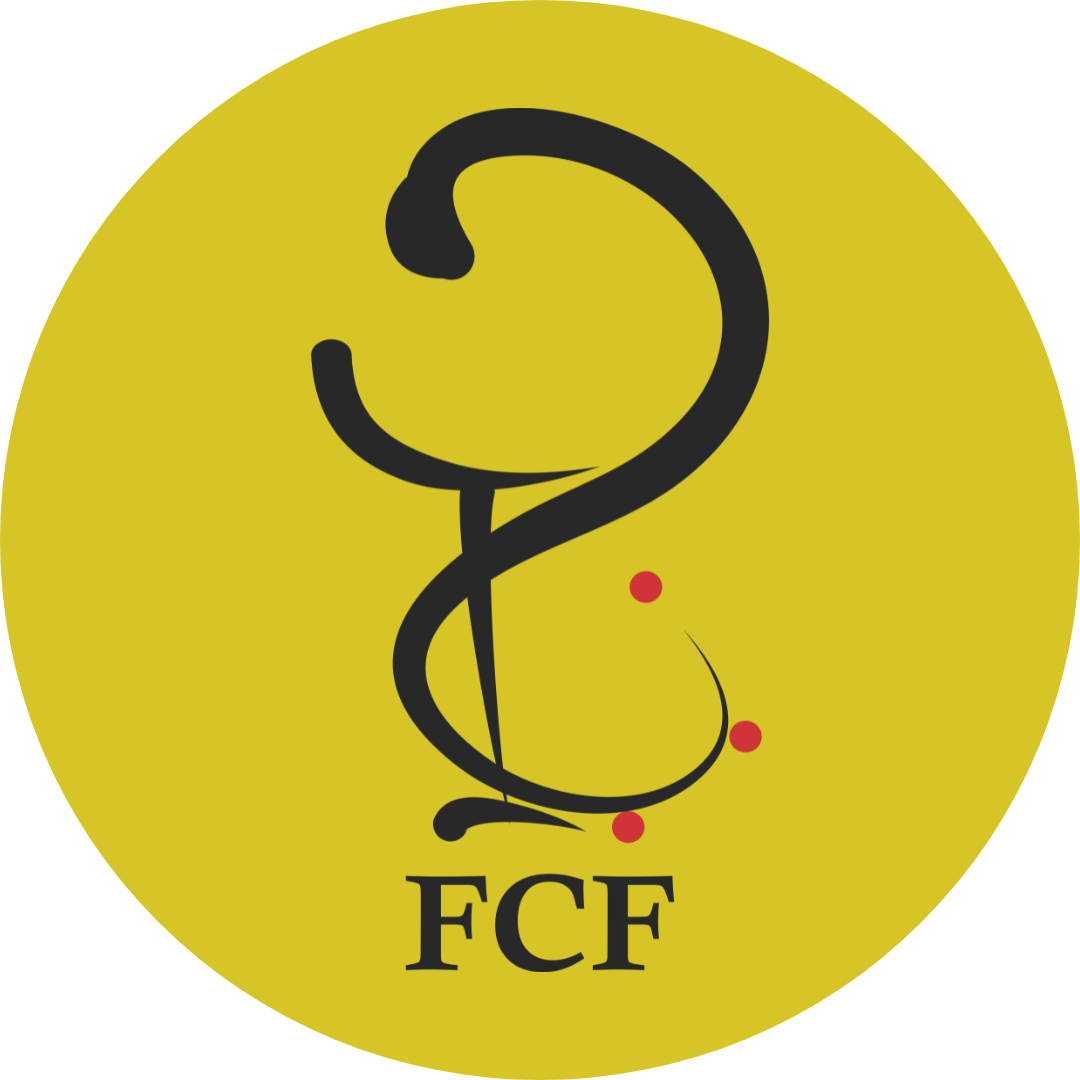Pharmaceutical Sciences – Master’s Degree and Doctorate
ADMISSION
The enrollment periods, the selection form and its criteria will be made available in the Faculty of Pharmaceutical Sciences (FCF) portal – http://www.fcf.unicamp.br/
POSTGRADUATE COMMITTEE (CPG)
Jörg Kobarg, Coordinator
Karina Cogo Müller, Full Member
Daniel Fábio Kawano, Full Member
Marcelo Lancellotti, Full Member
Gislaine Ricci Leonardi, Deputy Member
Effective Student Representative –
Deputy Student Representative –
Karen Oliveira de Almeida, Secretary
EVALUATION AND RECOGNITION
The Master’s Degree and Doctorate courses in Pharmaceutical Sciences have received grade 4 related to the Evaluation of Proposals for New Postgraduate Courses awarded by CAPES.
AREA OF KNOWLEDGE
Pharmaceutical Sciences – Natural, Biotechnological and Synthetic Pharmaceutical Ingredients – Master’s Degree and Doctorate
REQUIREMENTS TO OBTAIN THE QUALIFICATION
Foreign Language Skills
Presenting proficiency in English language, through specific proficiency tests (TOEFL, IELTS, etc.) or a proficiency exam offered by the postgraduate program.
Qualification Exam
Passing the Prior Analysis of the Dissertation and the Qualification Exam, to be conducted until the end of the first 12 months attended by the Master’s Degree students and until the end of the first 24 months attended by the Doctorate students.
Thesis/Dissertation Presentation
Passing the public presentation of the thesis or dissertation. In the case of Doctorate students, they must also present a minimum of one (1) scientific article extracted from the Doctoral Thesis, published or submitted in an indexed journal, preferably international, with a selective editorial policy;
Completion
Master’s
The minimum and maximum lengths for the Master’s Degree Course are 12 and 24 months, respectively.
In order to obtain the qualification of Master’s Degree in Sciences Master’s, larger area of Pharmaceutical Sciences – Natural, Biotechnological and Synthetic Pharmaceutical Ingredients, the student should complete a total of 12 credits in classes and be approved at the Dissertation defense.
Doctorate
The minimum and maximum lengths for the Doctorate Course are 24 and 48 months, respectively.
In order to obtain the qualification of Doctor of Science, larger area of Pharmaceutical Sciences – Natural, Biotechnological and Synthetic Pharmaceutical Ingredients, the student should: I – complete a total of 20 credits in classes. For the student who completed the Master’s Degree course at UNICAMP and would like to join a Doctorate Course, the common subjects to both Master’s and Doctorate courses will not be taken again, as long as they are approved by the CPG, with the student being dismissed from the corresponding credits; II – Pass the Thesis presentation; III – Present a minimum of one (1) scientific article extracted from the Doctorate Thesis, published or submitted to an indexed journal, preferably international, with a selective editorial policy, in the required format.
Activities and classes from the Master’s Degree and Doctorate program
Mandatory Activity
AA001 – Master’s Degree Dissertation
AA002 – Doctoral Thesis
Compulsory Classes
The student must obtain 3 credits among the compulsory classes listed below, chosen in common agreement with their advisor
CF001 – Ethics and Bioethics
CF002 – Applied Statistics
CF003 – General Seminars
Elective Classes
The student must obtain 9 credits (Master’s Degree) or 17 credits (Doctorate) among the elective classes listed below, chosen in common agreement with their advisor
CF004 – Transition from postgraduate programs to the labor market
CF005 – Preparation and Writing of Scientific Papers and Scientific Investigation Methodology
CF006 – Development of pharmaceutical forms
CF011 – Formulation of Cosmetic Products and Dermocosmetics
CF013 – Emergency Toxicological Analyses
CF014 – Toxicology and Forensic Chemistry
CF015 – Biomembranes
CF016 – Planning and Experimental Optimization applied to pharmaceutical development.
CF017 – Molecular Biology: From fundamentals to applications in the pharmaceutical area
CF018 – Mechanism of cellular signaling in health and in disease
CF020 – Ingredient standardization bases from natural products
CF021 – Isolation and Identification of active ingredients
CF022 – Validation of extraction methods & chromatographic analyses
CF023 – UV, IV, RMN1H, RMN13C Analysis Spectrometric Methods and mass spectrometry
CF024 – Mass Spectrometry applied in the elucidation of Biomarkers in the Medical, Pharmaceutical and Food areas
CF025 – Preformulation and medicine stability studies
CF026 – Modern Analytical Methods Applied to pharmaceutical product Analysis
CF027 – Biosafety and Good Laboratory Practices
CF028 – Pharmaceutical Ingredient and Product Quality Control
CF029 – Antimicrobials and bacterial resistance mechanisms
CF030 – Rational Approaches for Drug Planning
CF031 – Special topics in specific drugs delivery systems
CF033 – Pharmacotherapy Update
CF034 – Molecular targets for drug development
CF035 – Stability of pharmaceutical products and cosmetics

